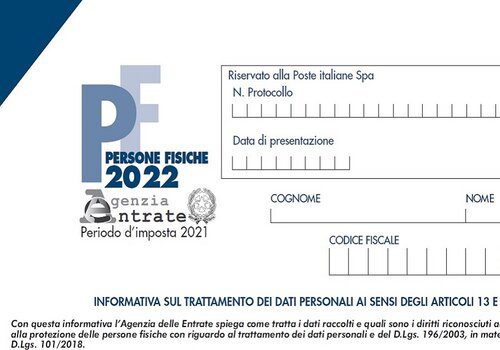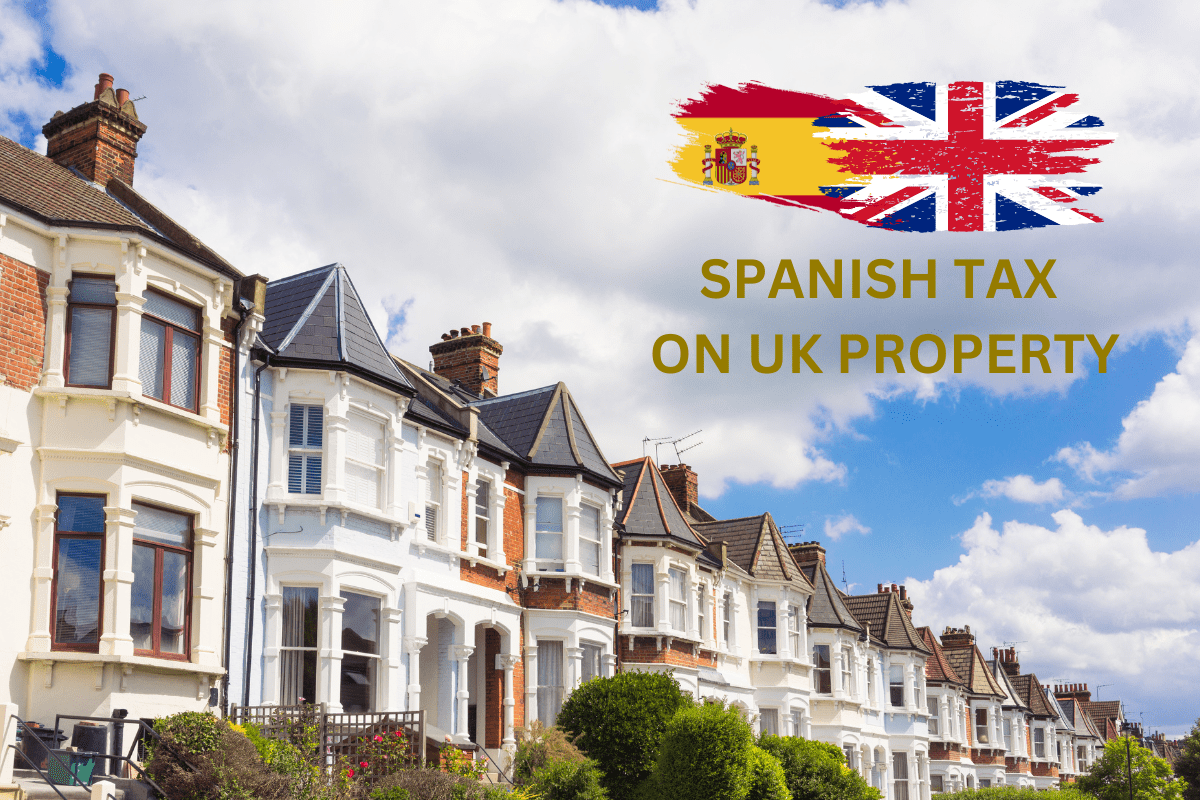So, the new measures announced last week are as follows:
1. The superbonus will be reduced from 110% to 90% from the 1st Jan 2023 for all condomini (buildings with more than one property).
For ‘unifamiliare‘ properties, i.e villa’s or standalone houses, the same percentage will be offered, as long as it is used on the ‘prima casa‘. However, a new measure for ‘unifamiliare‘ properties has been added. They will now also assess the ‘reddito familigiare‘ of the occupants of the property and reduce any bonus accordingly. The maximum income and formula for the reduction in bonus have yet to be announced.
Possible reductions/removals
No mention has been made as to whether the superbonus will still be available or reduced significantly for ‘seconde case‘. The proposals for the ‘seconde case‘ could range from anywhere between 50% to 65% or a complete removal altogether.
The other notable plan is that the Agenzia delle Entrate have been given more powers to ramp up the controls and investigations for bonuses. More paperwork requirements are expected to be demanded to ensure that the monies for the work end up in the hands of the people actually doing the work, at a fair price and not artificially hiked to exploit the bonus regime.
As for all the other bonuses for electric white goods, etc. It looks like they will be here to stay for the coming year/s, at the very least. (Ecobonus, Sismabonus, Bonus mobili e elettrodomestici, Bonus Verde, Bonus idrico, Bonus acqua potabile, Bonus Facciate, Bonus ristrutturazione, Bonus restauro, Bonus prima casa under 36, Bonus affitti giovani under 31)
The final details have not yet been ironed out and knowing the normal process for the Legge di Bilancio we may not know the final details until after the 1st Jan 2023.
Since the superbonus scheme started the Italian government have now paid (or are awaiting payment) of €51 billion of tax rebates. The objective is to reduce that to €31 billion for the period between 2023 and 2028.
For anyone looking to apply for the ‘Bonus Edilizia‘ right now, my suggestion would be to get your requests in and push the people who are making the application on your behalf to make sure that you qualify for the current bonus amounts. If not, you may find the amount you get back is lower than you had expected.









